Questions and Answers
The following questions have been posed to me within this campaign. Please get in touch if you have a question.
Note: some questions have been modified for clarity and to remove personal information.
I have not seen any lawn signs for you yet, why not?
I have decided not to have lawn signs for this campaign. While I respect others’ choice to have signs, I am not sure that they add very much to the process. In today’s digital world those who are interested in learning more about candidates and their platforms have access to quite a bit of information. In past elections I have seen some election signs remain up well past election day, and our windy city can be punishing on signs. I have opted to spend the effort on providing information to the community through engagement in public events, responding to questions through my website and over email, and I am grateful to the City of Lethbridge for posting candidate information on their election information page.
Do you support the current teachers’ strike?
YES. I was the lead negotiator in the ULethbridge strike/lockout in 2022. I did not want to be on strike but circumstances strongly warranted it. I feel similarly about the teacher strike right now. The teachers should not have to go on strike to get the government to provide reasonable tools for them to be able to do their jobs. It is very unfortunate that it has gotten to this point. The public messaging from the government and their recent censorship of student voices demonstrates that they seem not to get it yet. I hope that as negotiations continue that a fair settlement can be reached that acknowledges and resolves concerns about classroom conditions and provides fair compensation and recognition of all of the hard work that teachers do.
What type of School Board Trustee would you like to work with?
For School Trustees I appreciate that it is important to have a diversity of opinions and that all representatives have strong ethics. An ideal candidate is an attentive listener and is willing to deeply contemplate new ideas and perspectives.
Employment & Transition: How will you work with schools, local businesses, and community organizations to create pathways to inclusive employment for students with disabilities as they transition out of high school?
I work at the University and often have students in my class with accommodation needs for their learning. I have had very positive experiences working with these students and ensuring that they are able to learn in my class. This has extended into my research program as well where I have had project and coop students with accommodation needs that we have navigated. From this I have learned the value of supporting people and enabling them to perform to their potential.
Within the context of the K-12 school systems I think that there is an opportunity to highlight the benefit of inclusive practices and encourage community involvement. For the past decade or so I have participated in annual community job fares where I have presented on Engineering, Physics, and Astronomy – typically to a high school audience but sometimes younger students as well. I can see that a similar type of regular event, or perhaps working with the event organizer of the existing events, with an intentional inclusion element as one piece that could be implemented directly while longer term programs evolve.
Support for Families: Many families of children with disabilities face barriers to communication, transportation, and inclusion. What steps will you take to strengthen collaboration between schools and families, ensuring their voices are central in decision-making?
My experience on parent councils has shown me that there are many parents willing to help identify solutions for specific cases and help to bridge many of these barriers. I want to support the schools and local school communities to identify local needs and have means to address them. There are likely many simple solutions that just need a bit more attention to realize. For example, we have experienced difficulty in our family with just getting a parent teacher interview slot. Not having that timely access to the teacher meant that my daughter was unable to get the supports that she needed at a critical time in her development. Fortunately we were able to get things sorted out eventually and the teachers at the school were very happy to help once the scope of the needs were understood.
Inclusive Education: How will you ensure that students with disabilities are included in mainstream classrooms and extracurricular activities, rather than being segregated into separate programs, and still receive an education that meets their particular needs?
Inclusion is especially important with all of the class complexity and large class sizes that we have right now. Done right, it allows all students a safe place to feel respected and to learn. Inclusion is not a one size fits all solution and a lot of the solution lies in empowering teachers to have the ability to ensure that the students can get the supports and attention that they need. This involves access to a variety of resources including smaller class sizes, EAs, and flexibility in learning spaces.


